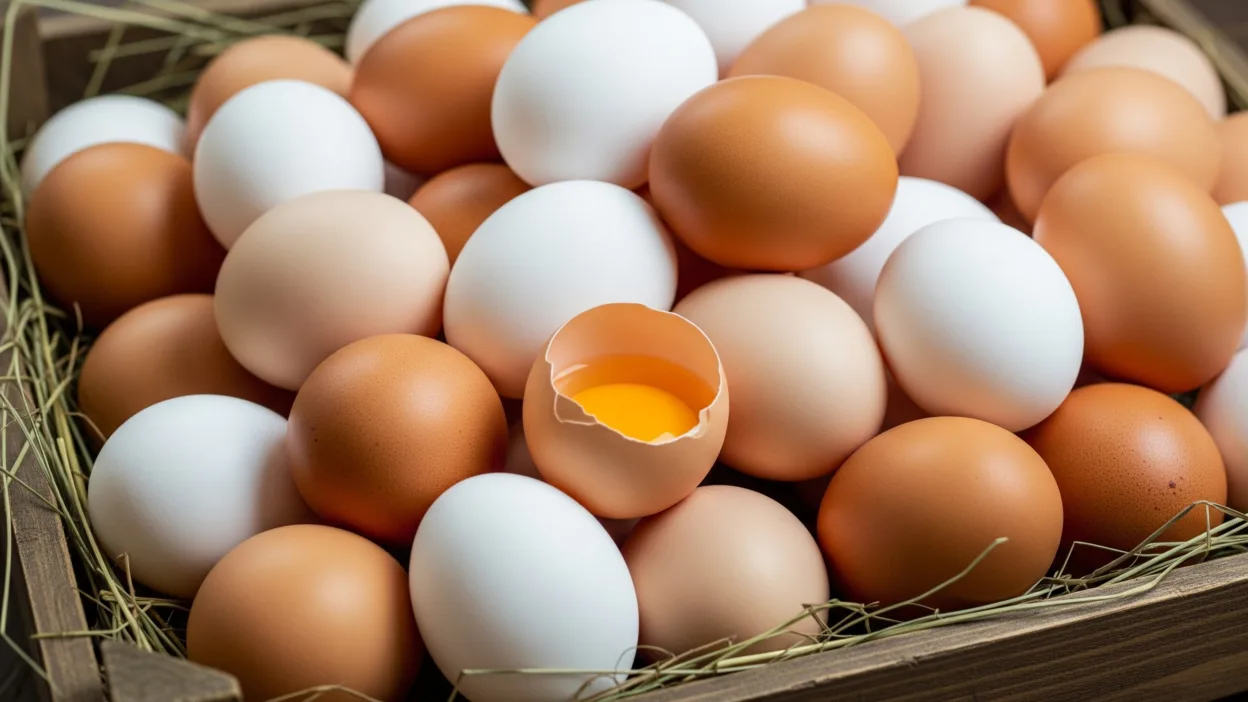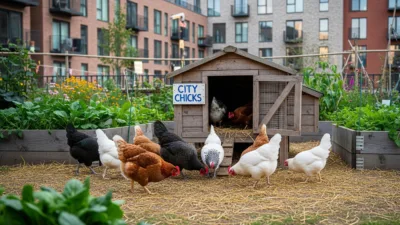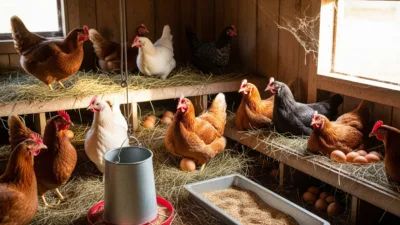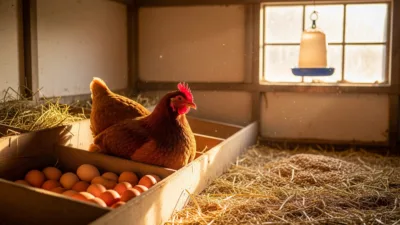Backyard chicken keepers often face a surprising problem, having too many eggs. While fresh eggs are a blessing, they can pile up quickly if you have a healthy flock. Instead of letting them go to waste, you can store, preserve, cook, sell, or gift your extra eggs in creative ways.
This guide covers the best ways to use surplus eggs, whether you want to save money, make extra income, or simply enjoy your hens’ hard work.
Storing Fresh Eggs Properly
The first step is learning how to store your eggs safely so they last longer.
- Room Temperature Storage: Fresh unwashed eggs can stay good for up to 2 weeks at room temperature.
- Refrigeration: Washed eggs should be refrigerated and can last 5–6 weeks.
- Freezing: Crack eggs, whisk lightly, and freeze in ice cube trays for use in baking and cooking later.
Preserving Eggs for Long-Term Use
If you consistently have more eggs than you can eat, preservation methods are a game changer.
1. Water Glassing Eggs
This old-fashioned method involves submerging fresh unwashed eggs in a lime solution. Stored properly, they can last up to a year.
2. Pickled Eggs
Hard-boil your extra eggs and store them in vinegar brine with spices. Pickled eggs are a popular snack that lasts weeks in the fridge.
3. Powdered Eggs
You can dehydrate scrambled eggs and grind them into a powder. These are great for camping, baking, and long-term food storage.
Delicious Recipes to Use Extra Eggs
Eggs are one of the most versatile ingredients in the kitchen. Try these ideas to reduce your surplus:
- Egg Salad Sandwiches
- Homemade Quiche or Frittata
- French Toast or Bread Pudding
- Custards, Flan, and Creme Brulee
- Protein-Rich Breakfast Burritos (freeze for later)
- Homemade Mayonnaise and Aioli
- Pasta and Noodles from Scratch
Sharing or Selling Extra Eggs
If you’re still swimming in eggs, why not turn them into a way to connect with your community or earn extra income?
1. Give Them to Friends and Family
Fresh eggs make great gifts and strengthen community bonds.
2. Sell to Neighbors or Local Farmers Markets
Many people prefer farm-fresh eggs over store-bought. Make sure you check your local rules on selling eggs.
3. Barter and Trade
Swap your eggs for garden vegetables, baked goods, or even chicken feed with neighbors.
Creative Ways to Use Surplus Eggs
Not every extra egg needs to go on your plate. Some unusual but useful ideas include:
- Dog and Cat Food Supplement – Cooked eggs add protein to pet diets.
- Eggshell Fertilizer – Crushed shells add calcium to garden soil.
- Crafts and Decorations – Decorate shells for Easter or DIY projects.
- Homemade Beauty Treatments – Egg yolks and whites can be used in hair masks or face masks.
FAQs About Having Too Many Eggs
Q1: Can I freeze whole eggs in the shell?
No. The shells can crack in the freezer. Crack them into containers, whisk, and then freeze.
Q2: How long do backyard eggs last?
Unwashed eggs can last up to 2 weeks at room temperature or 5–6 weeks in the fridge.
Q3: Can I sell eggs from my backyard chickens?
Yes, but check your local laws and regulations before selling. Some areas require special labeling or licensing.
Q4: What is the best preservation method for long-term storage?
Water glassing and freezing are the most reliable ways to keep eggs for months.
Final Thoughts
Having too many eggs from hens is a good problem to have. With the right storage, preservation, recipes, and even small-scale sales, you can turn your surplus into a valuable resource. Whether you’re saving for the future, sharing with friends, or starting a side income, your hens’ hard work should never go to waste.



